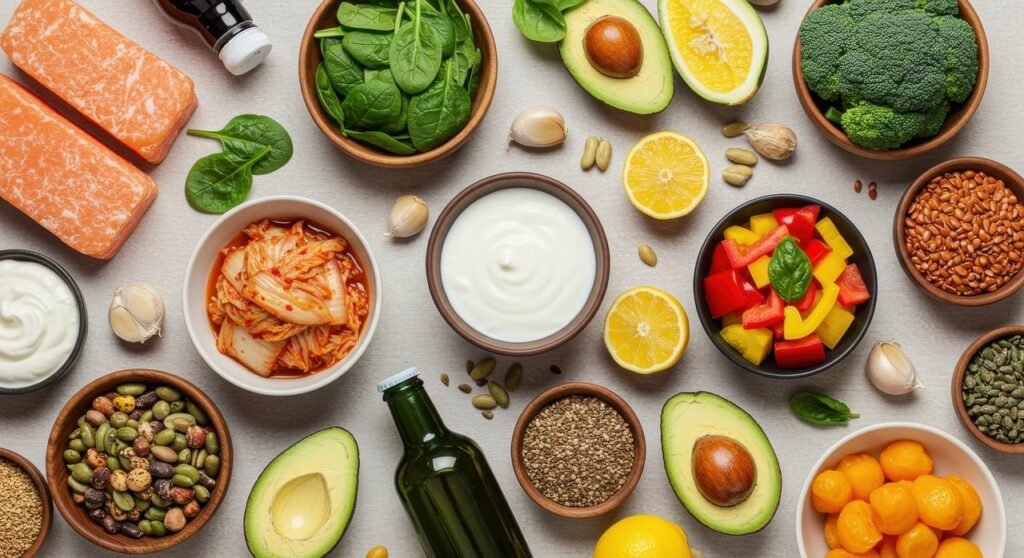At Journey Chiropractic, many patients experience some form of inflammation — whether it’s acute or chronic. Understanding inflammation and how to manage it effectively is key to reducing pain, supporting recovery, and maintaining long-term health.
Acute vs. Chronic Inflammation
Acute inflammation is your body’s natural response to injury. For example, an acute disc herniation or bulge can trigger inflammation and the formation of new blood vessels in the affected area. This activates the immune system and begins the hernia resorption process — your body’s natural way of healing.
Chronic inflammation develops gradually and is often seen in conditions like osteoarthritis, where joint cartilage breaks down over time. Unlike acute inflammation, chronic inflammation can persist for months or years and has been linked to long-term conditions such as rheumatoid arthritis, cardiovascular disease, diabetes, and even some cancers.Why Inflammation Matters
Inflammation is an essential part of the immune system — it helps your body heal after injury. However, it can also be painful when swollen tissues press against sensitive nerves. Managing inflammation effectively helps reduce pain and prevent long-term damage.
How to Reduce Inflammation
- Ice therapy: Helps reduce swelling and pain in acute injuries.
- Manual therapy: Chiropractic adjustments and soft tissue techniques help reduce inflammation and improve mobility.
- Exercise: Encourages circulation and supports natural healing.
- Anti-inflammatory diet: A balanced diet can aid recovery and reduce inflammation in the body.
- NSAIDs: Anti-inflammatory medications that provide short-term relief.
The Mediterranean Diet and Inflammation
Research shows that the Mediterranean Diet has strong anti-inflammatory benefits. It helps prevent cardiovascular disease, improves overall heart health, and has been shown to support joint health and pain management in osteoarthritis.
Key Features of the Mediterranean Diet
- Abundant olive oil, fruits, vegetables, legumes, nuts, and seeds.
- Moderate amounts of fish, shellfish, white meat, eggs, and fermented dairy (cheese and yogurt).
- Low intake of red meat, processed meats, and foods rich in sugars.
- Moderate consumption of wine, particularly red wine with meals.
Foods with Anti-Inflammatory Properties
- Apples: Rich in quercetin and antioxidants, especially in the peel.
- Berries: Blueberries, raspberries, and blackberries are high in anthocyanins and polyphenols.
- Kiwifruit & Citrus: Packed with vitamin C and flavanones that fight inflammation.
- Onions & Aubergine: Contain polyphenols and quercetin with antioxidant benefits.
- Sweet Potatoes: High in chlorogenic acid and antioxidants, especially those with orange or purple flesh.
- Green Tea: Contains catechins with powerful antioxidant effects.
- Nuts: Almonds, walnuts, and pistachios are rich in antioxidants, particularly in their skin.
- Spinach: A top source of antioxidants like lutein and thylakoids, plus vitamins C, E, and A.
Supporting Your Recovery
At Journey Chiropractic, we take a holistic approach to recovery — combining manual therapy, movement, and nutrition to help your body heal naturally. Following an anti-inflammatory diet such as the Mediterranean Diet can support your recovery and overall wellbeing.
We’d love to hear your tips for maintaining an anti-inflammatory diet – share your thoughts with us on our social media pages below.
